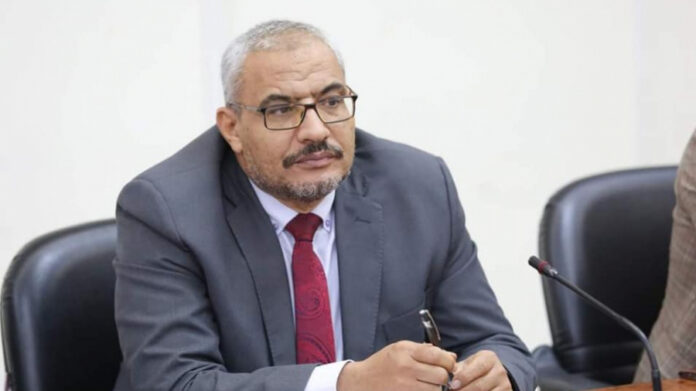A Tunisian court has sentenced Sahbi Atig, a senior figure in the opposition Ennahda party, to 15 years in prison on charges of money laundering, his lawyer announced Friday, amid a sweeping crackdown on dissent under President Kais Saied.
Atig, who was detained in 2023, is among dozens of opposition figures imprisoned since President Saied expanded his powers in 2021 by dissolving parliament and ruling by decree, moves widely criticized as authoritarian and unconstitutional by political opponents and international observers.
Atig has denied the charges, calling them politically motivated. His lawyer, Mokthar Jmaayi, told Reuters that the ruling “aims to eliminate political opponents and lacks any credible evidence.”
“It is a continuation of the punishment of opponents by using the judiciary and distracting people from their real problems,” Jmaayi added.
The 15-year prison term, while severe, is less harsh than sentences handed down in April, when several opposition leaders, lawyers, and business figures received prison terms of up to 66 years on conspiracy charges.
Since assuming emergency powers in 2021, President Saied has dissolved the Supreme Judicial Council, dismissed dozens of judges, and taken control of key state institutions. He argues his actions are necessary to root out corruption and restore public trust in governance.
However, critics, including human rights groups and Western governments, have accused him of undermining judicial independence and silencing political opposition.
Atig’s conviction comes as Tunisia continues to see the majority of its political party leaders, including Rached Ghannouchi, head of Ennahda, and Abir Moussi, leader of the Free Constitutional Party, imprisoned.
While President Saied insists he does not interfere in judicial matters, his government’s repeated use of the courts to prosecute critics has deepened concerns over the erosion of democratic institutions in the country once hailed as a success story of the Arab Spring.
Written By Rodney Mbua



















